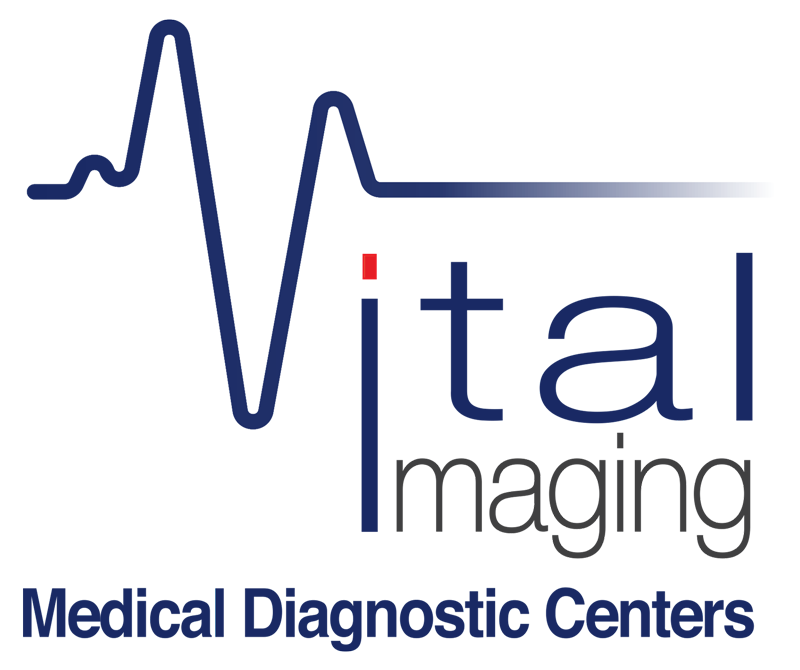
The week of February 8th through the 14th is National Cardiac Rehabilitation Week and founded by the AACVPR (American Association of Cardiovascular and Pulmonary Rehabilitation). Established in 1985, the AACVPR focuses on increasing awareness of cardiac rehabilitation and its many benefits. The organization’s primary goal is to reduce the disability and mortality caused by cardiac and pulmonary disease through clinical research, education, management, prevention, and rehabilitation.
What does Cardiac Rehabilitation involve?
Many individuals at risk of or are already suffering with heart disease have improved their physical health and performance with cardiac rehabilitation. So, what exactly does it involve? Cardiac rehabilitation addresses the factors that put individuals at risk of cardiovascular disease by making heart-healthy changes to their lifestyle. Furthermore, cardiac rehabilitation programs help decrease the need for medications that treat chest and heart pain while at the same time reducing the risk of going to the ER.
The cardiac rehab team running these programs is comprised of a number of health and medical professionals including:
- dietitians or nutritionists
- doctors
- exercise specialists/fitness trainers
- mental health specialists
- nurses
- physical and occupational therapists
Occasionally, you will be assigned a caseworker to check your progress and help you track your care during the program. Regular visits to the doctor is important as is taking the prescribed medications. Prior to starting a cardiac rehab program, the team will do a physical exam, review your health and medical history, and perform certain tests such as:
- cardiac (diagnostic) imaging tests (CT scan, MRI, PET scan, X-rays, etc.)
- EKG (electrocardiogram)
- stationary bicycle or treadmill exercise test (stress test)
They may even check your blood sugar levels and cholesterol as well. The average duration of a cardiac rehabilitation program is 12 weeks with 3 supervised sessions per week. However, the length of time involved depends on your physical condition. Your doctor will be the best judge of your situation.
Benefits of Cardiac Rehabilitation
The bottom line is that cardiac rehabilitation offers individuals a new lease on life and provides them with the following benefits:
- builds self-confidence and improves well-being
- improves stamina and strength
- individuals have the potential for a longer life
- lessens the emotional and physical effects of cardiovascular disease
- reduces the risk of having a heart attack
- reverses or stops blood vessel damage in the heart
Additionally, cardiac rehab programs enable participants to meet other individuals like them and share support with like-minded individuals who want to improve their heart health and their overall well-being. Finally, cardiac rehabilitation programs are covered by numerous health insurance plans. All you need to do is stop ignoring your problem and seek help. For more information about the role of diagnostic imaging in heart health, call Vital Imaging at (305) 596-9992 today. We are here to help you stay fit and healthy.
